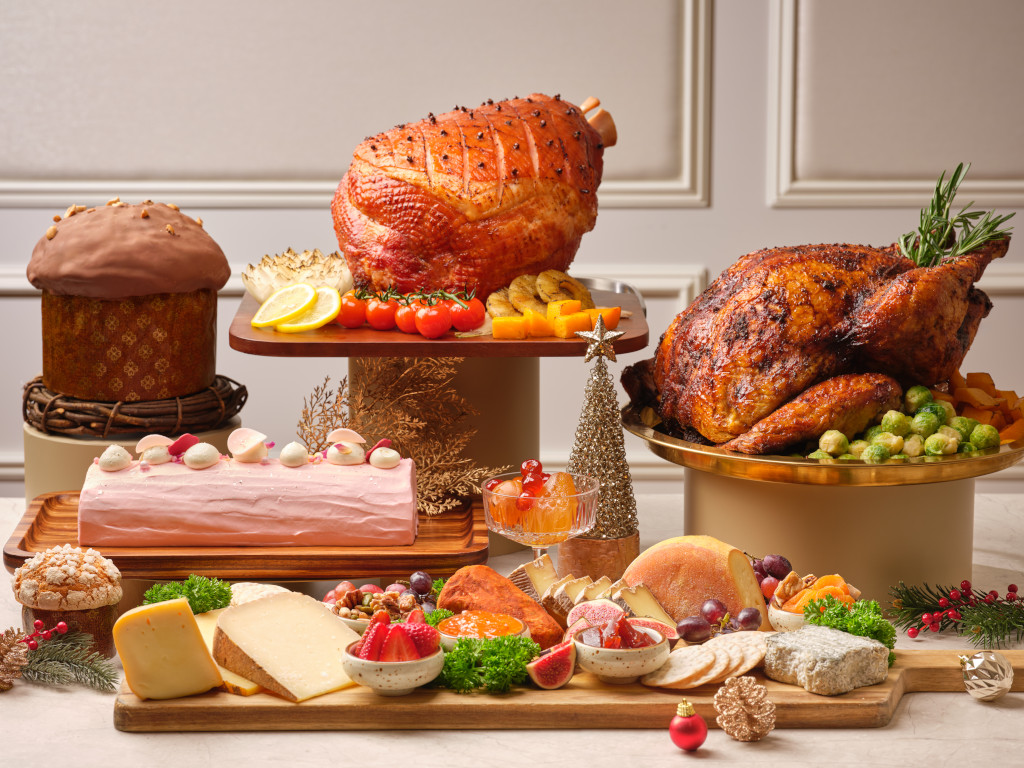SingaporeMotherhood | Parenting
November 2023
TCM Superfoods for Children & Families – Can They Really Boost Our Immunity?
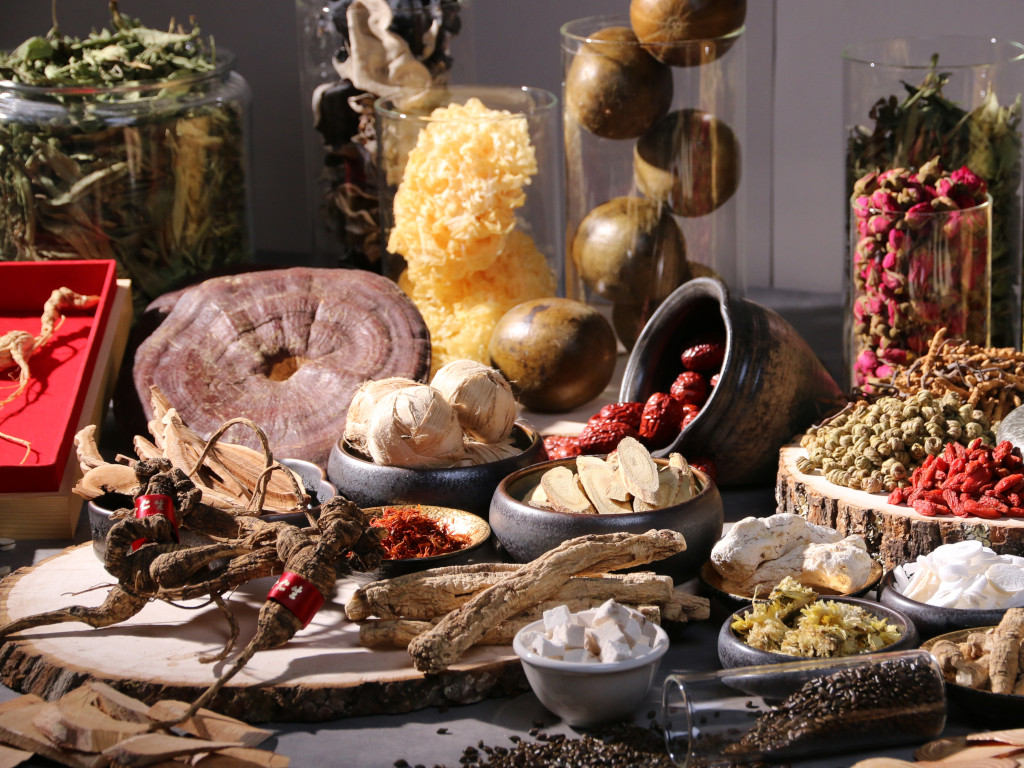
Immunity is important all year round, especially with COVID-19 variants skulking around and Singapore’s inevitably hot weather. For parents, keeping their children and families healthy is always a top priority. When it comes to boosting immunity, healthy diets are definitely important, and TCM superfoods can be a game-changer!
But does incorporating traditional Chinese medicine (TCM) into our diets really help? We pose this question to TCM physician Lin Yuzhi from Eu Yan Sang TCM Clinic, who offers tips and advice on how TCM superfoods can work wonders for our immune systems. She also helps to clear up some common misconceptions about TCM for children.
(See also: PAEDIATRIC TUINA CAN IMPROVE YOUR CHILD’S IMMUNITY AND TREAT COMMON CHILDHOOD PROBLEMS)
1. What are TCM and TCM superfoods really about?
TCM adopts a holistic view of the human body, where all components are interconnected. Every organ in our body depends on and affects one another. A state of equilibrium in yin (functional aspects of the body such as blood), yang (material base of the body, like organs), and qi — also referred to as vital energy — is fundamental for good health.
With over 3,000 years of history, TCM is becoming increasingly recognised worldwide. Physicians employ its principles to diagnose and prevent illness. Singapore’s own Nanyang Technological University is even offering a TCM degree from 2024.
Balancing the yin and yang in our body by promoting the natural flow of qi is key to health. This is because qi helps to fend off pathogens, thus protecting our body from harm and illness. To boost your body’s qi production naturally, we can use TCM superfoods, which are a diverse variety of herbs.
(See also: TRENDY SUPERFOODS – HOW SUPER ARE THEY FOR YOU AND THE KIDS?)
2. How do different TCM superfoods benefit us?
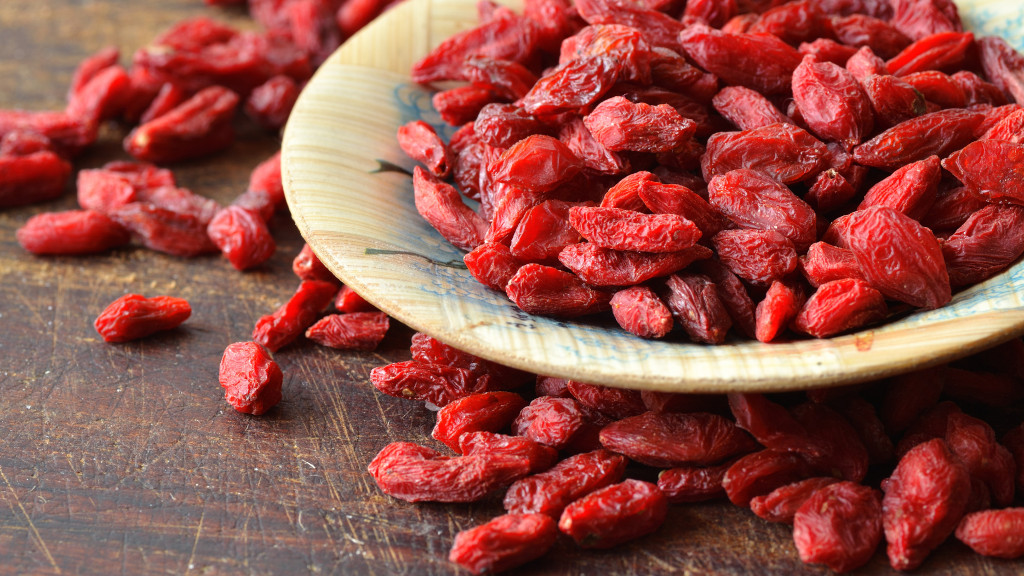
From the perspective of TCM, superfoods help restore the balance between yin and yang, while regulating the smooth flow of qi in the body. Each herb not only offers its own unique medicinal properties and effects. Even its taste, whether sour, bitter, sweet, salty, or spicy, closely links to the different organs and meridians (paths that qi flows through) it acts on.
The innate ‘warming’ or ‘cooling’ properties of the herb indicate its effect on the balance of yin and yang. By the way, it’s not just either/or — it ranges from hot and warm to cool, cold, and even neutral! By combining multiple herbs’ characteristics, TCM practitioners create personalised formulations to promote holistic healing.
(See also: WHAT TO EAT AND AVOID WHEN YOU’RE HEATY, ACCORDING TO TCM)
3. So what TCM superfoods can we include in our families’ diet?
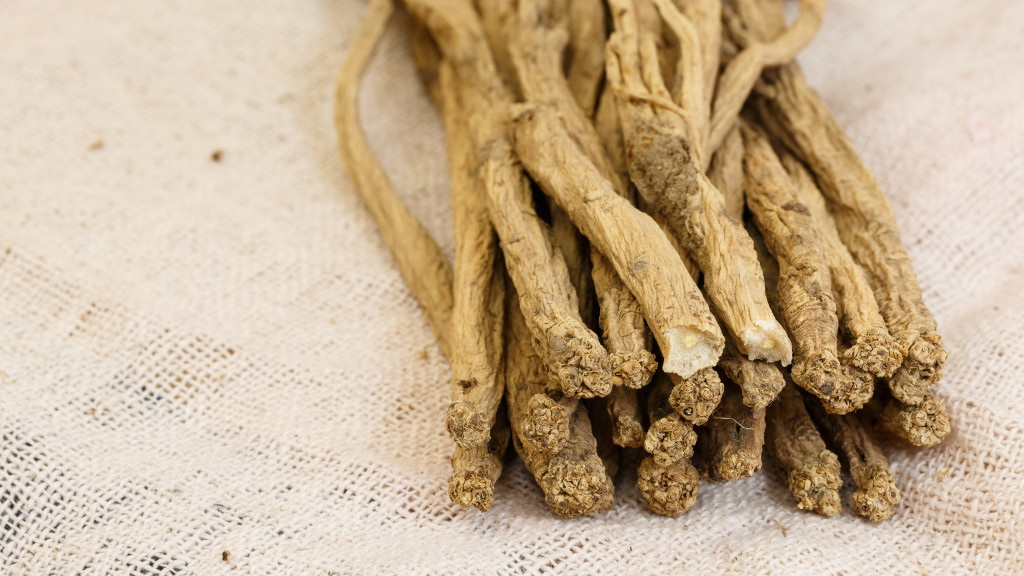
In light of the ongoing COVID waves and the increasing risk of heat-related illness, do consider supplementing your diet with Codonopsis (党参, danɡ shen; above). This TCM superfood nourishes your spleen, lungs, blood, and yin. It is readily available in various forms, from raw herbs to liquid tonics, capsules, and powders. So incorporating it into your diet through herbal concoctions or by adding it to your daily meals is a breeze.
The Pseudostellaria root (太子参, tai zi shen) is another great option. It detoxifies the body and targets the spleens and lungs to nourish qi and yin energy. This superfood isn’t just good for your health, it also boosts children’s physical fitness and encourages growth. You can consume it as a tea by grinding 10 to 30g of it into powder.
And don’t forget Radix adenophorae (沙参, sha shen), commonly known as the fourleaf ladybell root. A common ingredient in children’s herbal cough remedies, it’s excellent for nourishing yin and tonifying qi in the lungs. This herb comes in two forms: the northern type (北沙参, bei sha shen) is ideal for yin nourishment, while the southern type (南沙参, nan sha shen) is good for clearing deficient heat and expelling phlegm. You can consume it as a decoction after boiling a recommended dosage of 10 to 15g in water.
(See also: 6 WAYS TO HELP YOUR KIDS RECOVER QUICKLY FROM A COLD OR THE FLU)
4. What about TCM superfoods that help to boost immunity?
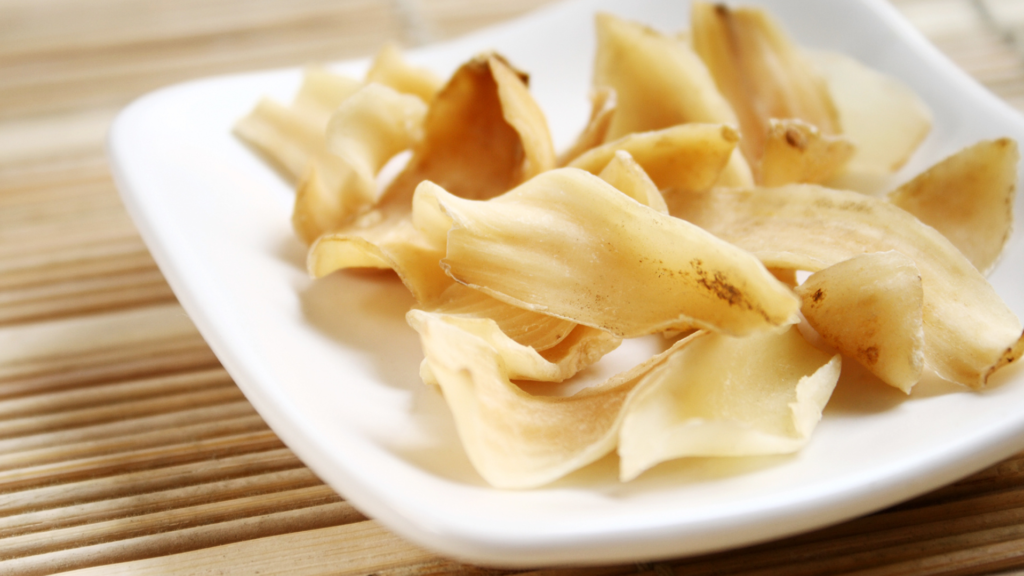
Many of us live in high-stress environments — not just adults, but children too. Stress can really affect the harmonious flow of qi within our body, leading to stagnation of qi and blood, excess internal heat, as well as poor blood circulation.
So, how can we overcome this? To cultivate strong qi, pay attention to your lung, spleen, and kidney organ systems. For children facing academic pressures or working adults dealing with stress, incorporate lily bulbs (百合, bai he) into your diet. These help replenish your qi and nourish the yin of your heart and lungs, thus calming symptoms like insomnia and anxiety.
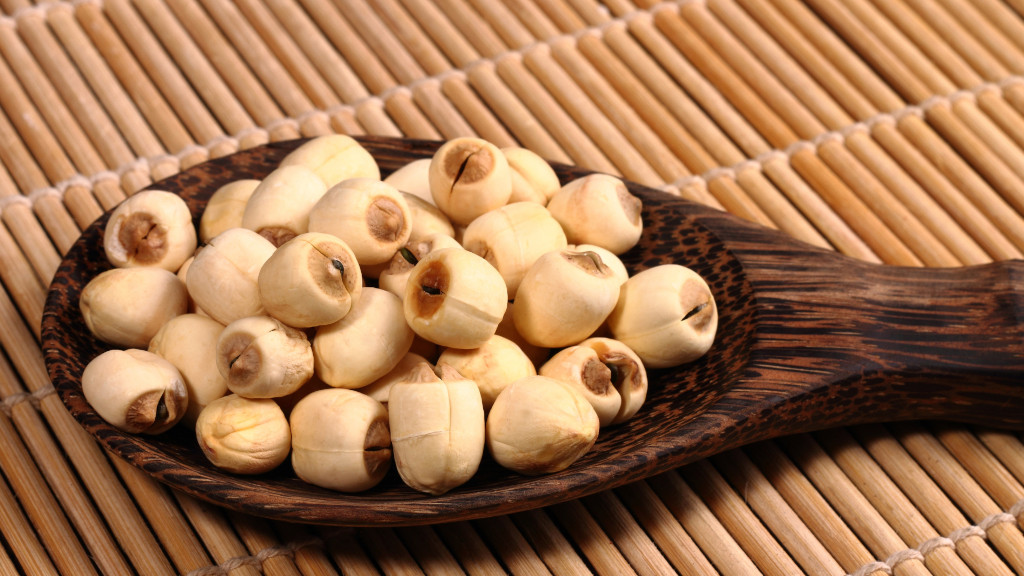
Another recommended superfood to boost a weak immune system is lotus seeds (莲子, lian zi). They’re packed with antioxidants that fight harmful free radicals and reduce negative effects of stress. At the same time, they strengthen the qi in your spleen and secures essence (精, jing) for your kidneys. Thus they can help with conditions such as infertility, impotence, lower back pain, and poor memory and concentration too. You can slip lotus seeds into your meals easily by adding them to porridge, rice, or simmering them in soups for 15 to 20 minutes.
Other immune-boosting TCM superfoods include common yam rhizome (山药 shan yao), which keeps your spleen healthy and improves digestion. Then there’s Angelica sinensis (当归, gang gui), which promotes the circulation of qi and blood. Lastly, goji berries (枸杞子 gou qi zi) also nourish your liver and kidney, and even improve your eyesight.
(See also: 9 WAYS TO BETTER MANAGE CHILDHOOD MYOPIA & PREVENT ITS PROGRESSION)
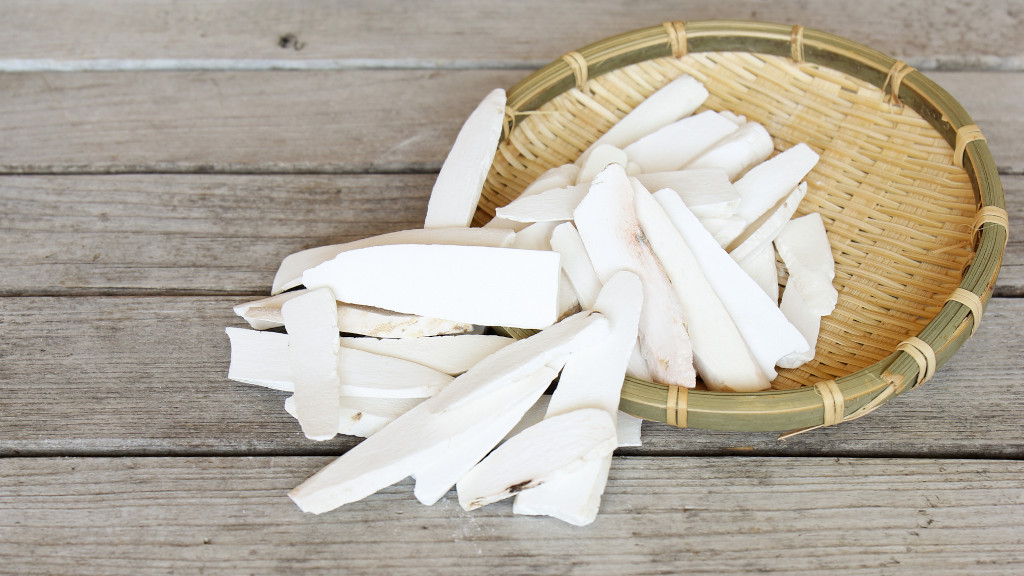
5. While on the topic of TCM superfoods, what are some misconceptions about TCM for children?
TCM offers a wealth of treatments and practices that are beneficial for children, so it is important to clear up common misconceptions. That way, parents can better understand the role TCM plays in paediatric wellbeing. Here are some examples:
More herbs or a longer course mean better health
Some parents believe that the more herbs they give to their kids or for a longer course, the healthier they’ll be. However, that’s not the case. Each herb has its own benefits and properties, and different herbs can counteract one another and even cause side effects. It’s essential to seek the advice of professional TCM physicians, and follow the recommended dosages and courses to ensure the safe and effective use of herbs.
Bitterness equals effectiveness
Most people think that if medicinal herbs taste bitter, they must be effective. However, the bitterness mostly just makes our taste buds go, “Whoa, that’s intense.” It is not a direct measure of its effectiveness. There are TCM treatments that can work their magic without making you pull a face too!

TCM treatments are slow and inefficient
How fast TCM works depends on the individual’s condition, treatment method, and consistency. For common ailments such as colds and digestive issues, TCM can provide fast relief. As with any medical approach, for more complex conditions, it might take a while to see a change. TCM is all about tackling what’s behind your health issues, which takes time to rebalance and restore.
Sharing TCM medication is okay
Feeding your child a smaller dose of your TCM medication, or even their siblings’ medication, is just as much a no-no as with western medication. TCM physicians typically personalise each herbal medication prescription to their patient. They take into account factors such as body constitution — age, weight, and height — and the presenting condition. This means that two individuals with similar symptoms may be prescribed different medications.
(See also: 5 WAYS TO PROTECT YOUR CHILD FROM ANTIMICROBIAL RESISTANCE (AMR))
Now that you know these facts, you can make smarter choices about TCM treatments and TCM superfoods for your children. Do consult the guidance of qualified TCM practitioners to ensure your children and family members are in good hands!
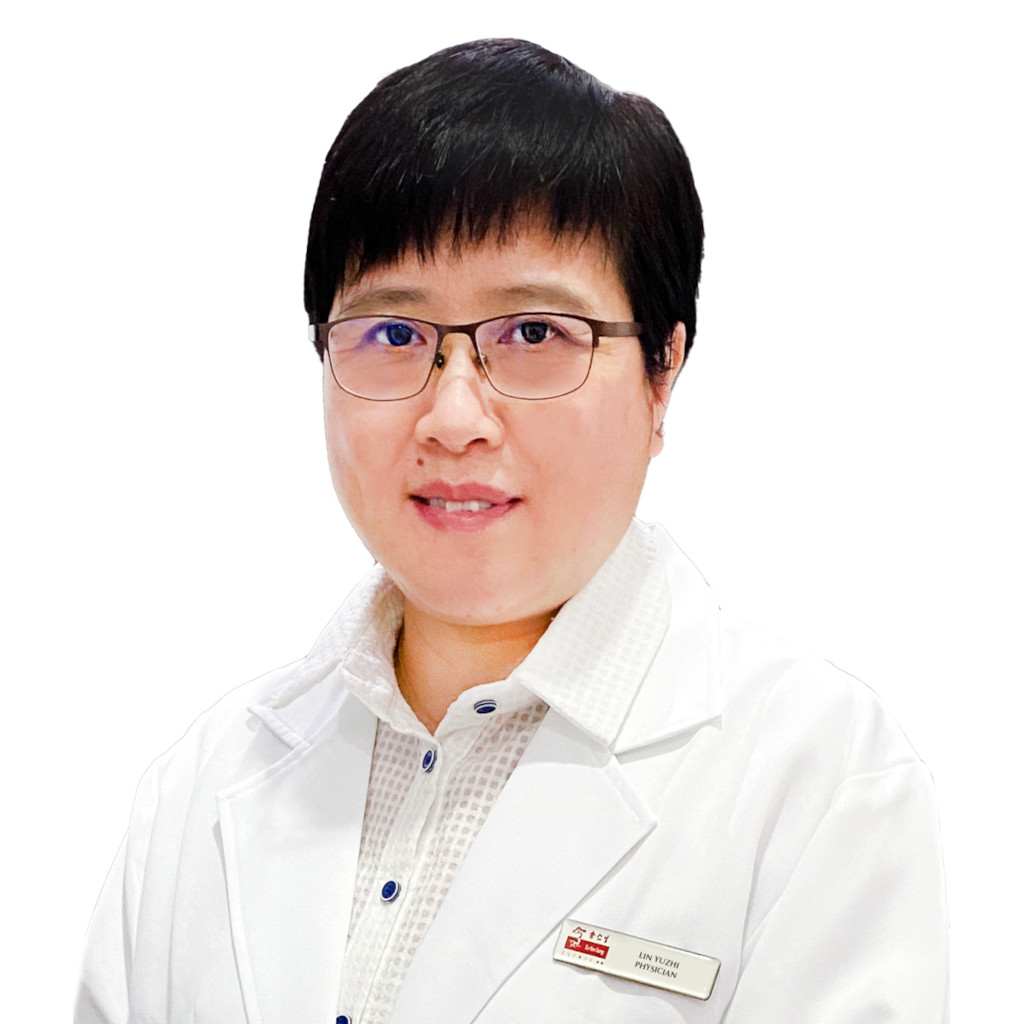 | Expert Resource Physician Lin Yuzhi holds an Advanced Diploma in Traditional Chinese Medicine from Singapore College of TCM. Registered under Singapore’s Traditional Chinese Medicine Practitioners Board, physician Lin is bilingual and currently practises at Eu Yan Sang Premier TCM Centre at Woodleigh Mall, and Eu Yan Sang TCM Clinics in Bishan, Bukit Panjang, and Clementi. |
Featured image: Eu Yan Sang Singapore
All content from this article, including images, cannot be reproduced without credits or written permission from SingaporeMotherhood.
Follow us on Facebook, Instagram, and Telegram for the latest article and promotion updates.




